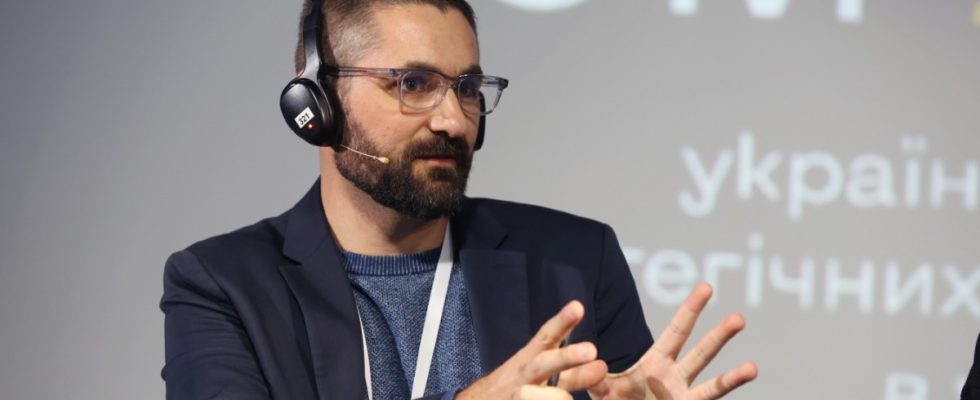SZ: Has the West overestimated Russia’s capabilities in cyber warfare?
Gavin Wilde: It wasn’t so much Russia’s capabilities that were overestimated as, in my view, the effect of cyber attacks when bombs are already falling. In times of relative peace, Russia’s attacks can be disastrous. But in the war they are no longer so conspicuous. And despite the large number of disruptions, it is not yet apparent that military goals are being achieved with this. In war, a bomb will always be the center of attention, and we’re seeing that right now.
Nevertheless, experts assumed that Russia would also attack and take over civilian infrastructure via the Internet, for example the control of nuclear power plants. So far this has not been successful. Why not?
Ukraine has demonstrated a remarkable level of defense capability and resilience. And, of course, the worst-case scenarios warned about may still materialize.
What would such scenarios look like?
That the Russians derail trains or that they take control of nuclear power plants. But I wonder what geopolitical goal Russia would achieve with it. That might be a short-term success, but would these catastrophic scenarios ultimately change the fact that Russia is currently losing geopolitically? And would Ukraine or the West change their strategy as a result?
That is, it would not contribute to Russia’s success?
It depends on how you define success. If success means creating more chaos and confusion, then maybe. But I don’t think that’s what Russia wants to achieve.
Rather?
The Russian leadership believes that people and societies can be shaped and guided by propaganda alone. In the eyes of the Kremlin, cyber attacks and the spreading of propaganda serve the same purpose: the struggle for information dominance. The civilian population under attack is intended to be demoralized and to drive a wedge between them and the political leadership, particularly in Ukraine. But the Russians are assuming conditions that no longer exist. From experiences they had in the Soviet Union and in the 1990s.
What has changed since then?
At that time, Russian society and its view of the world was very much shaped by television. While they’ve tried to apply the old tactics to social media, the effect is limited.
Why could the Russian propaganda campaigns come to nothing?
If you look at Russia’s information war doctrine and strategies over the past few decades, the grand geopolitical goal is to bend entire societies to Moscow’s will. Of course, the cyber attacks can be destructive, but the question is whether they are decisive.
You say they are not crucial?
I don’t doubt that they have some impact. But it’s unclear whether Russian propaganda actually influences people, or rather reinforces pre-existing attitudes. As much as we find it morally satisfying to expose and criticize Russia’s disinformation campaigns, we risk making Russia’s capabilities greater than they really are. There are many other factors besides these campaigns that can play a role. In the case of Ukraine, at least, it backfired. Cyber attacks and propaganda have welded society together, even though Russia intended to drive it apart.
Gavin Wilde is a Senior Fellow at the Carnegie Endowment for International Peace, where he conducts research on Russia’s cyberwar. In 2018-2019 he was Director for Russia, the Baltics and the Caucasus at the US National Security Council.

